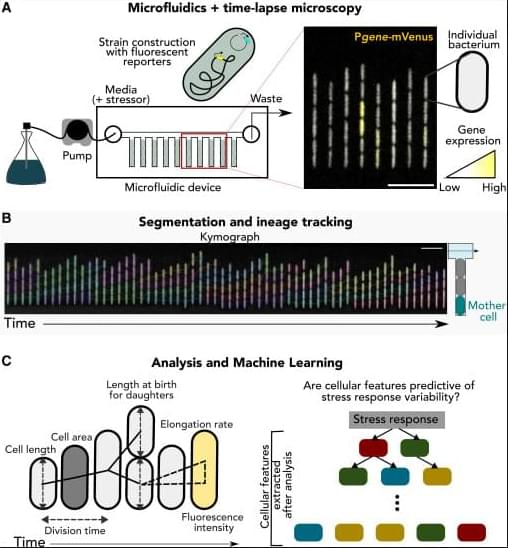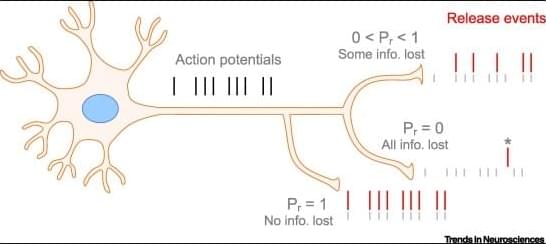Noise in bacterial stress responses is often dismissed as mere randomness. While true stochasticity exists, much variation reflects hidden variables—cell state, history, and microenvironment—that are only now becoming measurable. Choudhary and Vincent review emerging tools that disentangle chance from determinism, moving microbiology toward more mechanistic and predictive frameworks.








